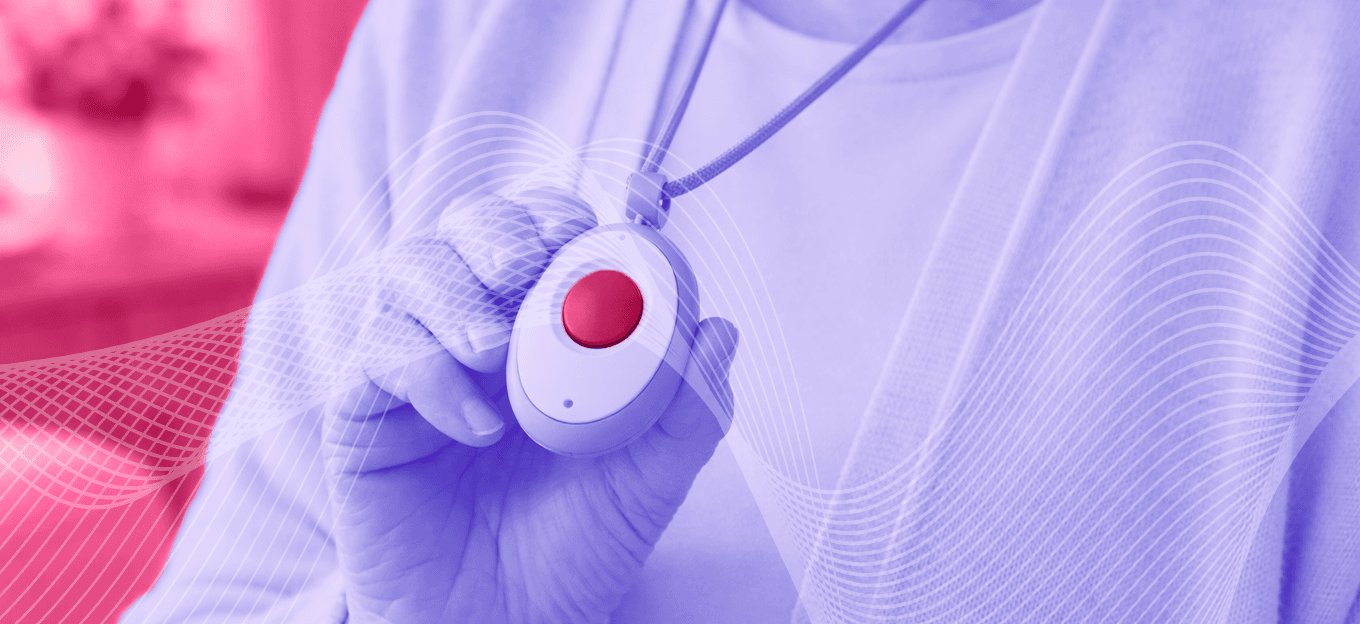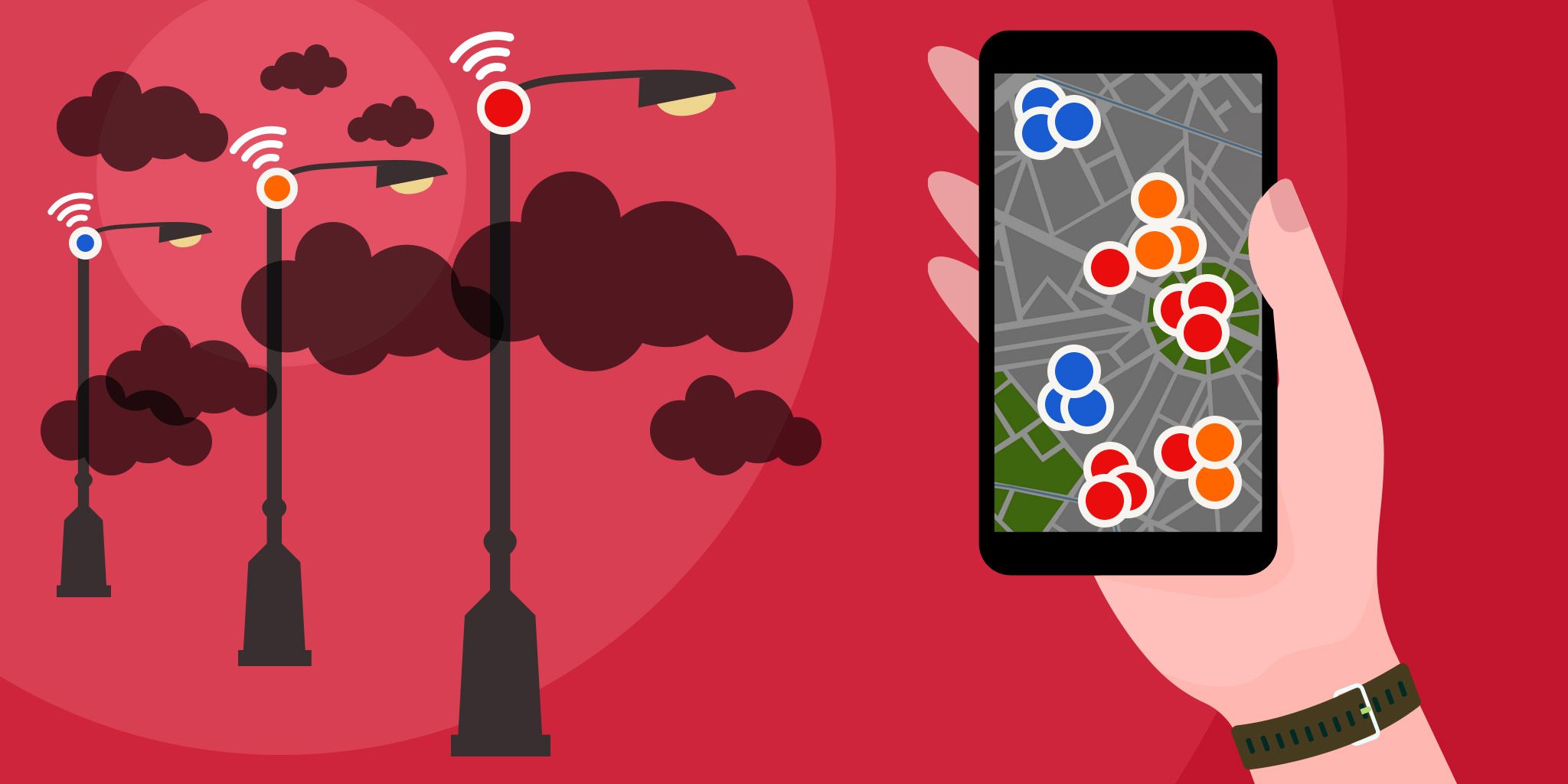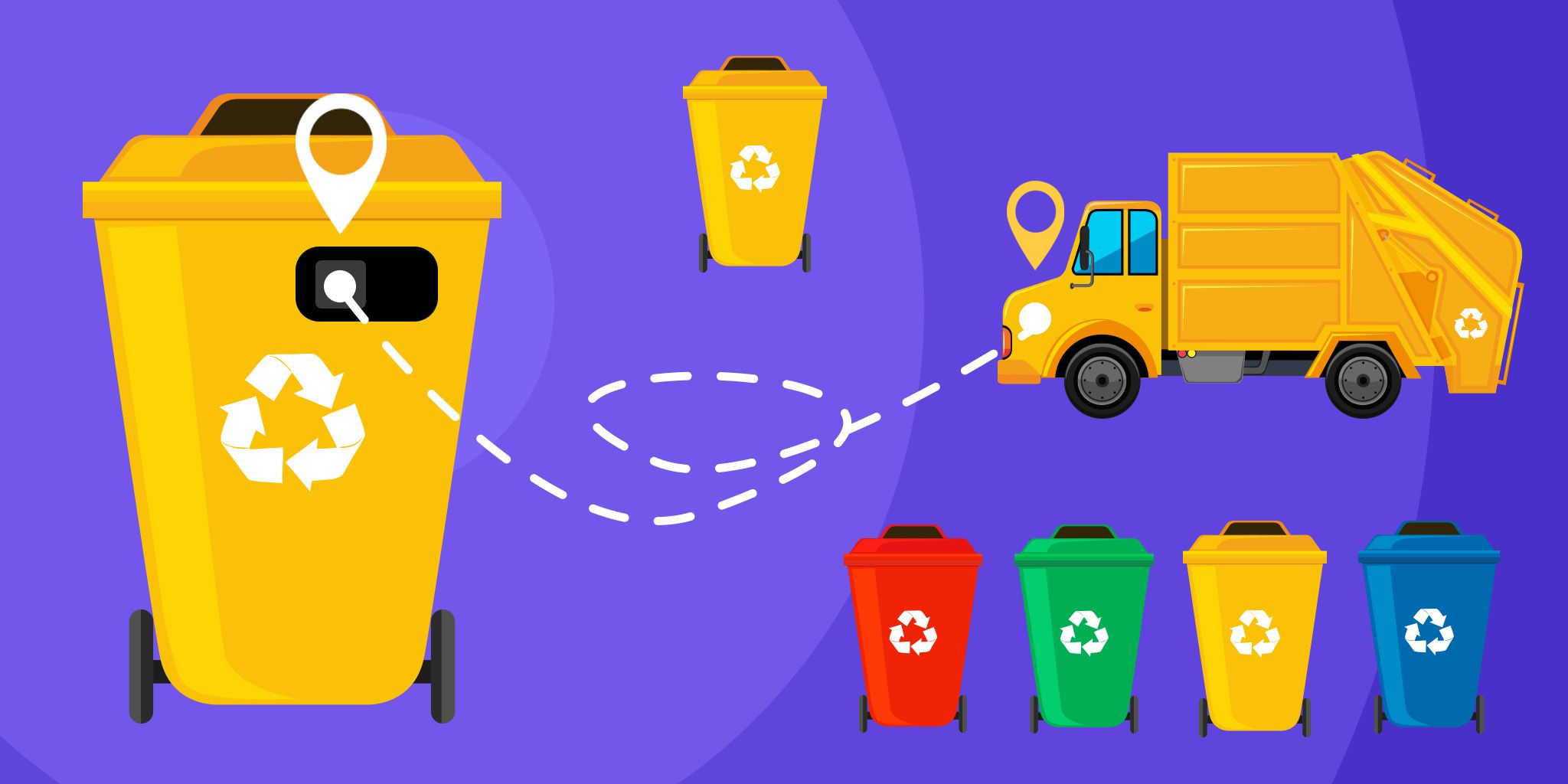IoT-Enabled Spectrometers for Water Quality Monitoring
IoT-Enabled Spectrometers for Water Quality Monitoring
- Last Updated: December 2, 2024
Guest Writer
- Last Updated: December 2, 2024
Monitoring the quality of water has become challenging because of the growing number of chemicals used by industries and individuals. Testing water quality is becoming increasingly important, especially when so many people worldwide lack access to clean water. Thankfully, the advancement IoT technology enables companies to make new products that help overcome the challenges of monitoring water quality.
'Water quality monitoring provides alerts about current, ongoing, or future issues, which helps determine compliance standards and protect human health and the environment.' -Ellie Poverly
The Global Water Pollution Issue
Water is an essential resource. It is used to meet human, agricultural, and commercial needs. This makes it critical to measure its quality and reduce the amount of polluted water entering the environment.
Rivers, lakes, streams, reservoirs, and oceans are riddled with chemicals, plastic, waste, and other pollutants. This issue of widespread water pollution can jeopardize public health, damage biodiversity, contaminate food chains, and disrupt the global economy.
Humans and all industries rely on water to function properly. The United Nations reported in 2019 that 2 billion people live in countries grappling with high water stress. Water stress occurs when the water demand exceeds the amount in supply or when poor quality renders it unusable. The need for clean, accessible, and affordable water increases as the world population grows, which can exacerbate scarcity and stress.
The United States has one of the safest water supplies worldwide, but research suggests that harmful toxins, such as arsenic and lead, have been found in tap water samples from all 50 states.
The Importance of Monitoring Water Quality
The data gathered through the process of monitoring water quality can be used as objective evidence to help support decision-making. Water quality monitoring provides alerts about current, ongoing, or future issues, which helps determine compliance standards and protect human health and the environment. The global water monitoring systems market is expected to reach an estimated $4.69 billion by 2025. Awareness of the importance of measuring water quality and increased government funding to reduce pollution are two factors driving this market growth.
Also likely to drive growth in the market is the development of smart cities. More of them will crop up around the world in the next few years, and, as a result, new smart water technologies will emerge. They can help streamline water management and allow cities to overcome challenges with their current infrastructure.
The Role of Spectrometers
Mass spectrometers are most often used to measure water quality. Spectrometers can detect low levels of compounds used for various purposes. For example, they can detect pesticides, pharmaceuticals, and even residual explosives in water samples. A spectrometer is not to be confused with a spectrophotometer. The two terms are similar, but they are used for different applications. For example, spectrometers can be applied in various scientific disciplines, including:
- Astronomy
- Ecology
- Chemistry
- Pharmacology
On the other hand, spectrophotometers are mainly used in disciplines like biochemistry and colorimetry.
IoT-Enabled Spectrometers
Simple and convenient water quality testing methods such as pH test strips exist. However, more advanced techniques are necessary to gather quantitative data about water supplies and the contaminants that reside in them. One type of technology that will help improve water quality monitoring is the IoT-enabled spectrometer. Essentially, an IoT device is equipped with sensors and is capable of wireless communication.
Let's take a look at two brands that are offering IoT-enabled spectrometers.
#1: S::can
S::can is an industry leader in water quality monitoring products. It recently announced the next generation of its high-end, state-of-the-art spectrometers. These IoT-enabled spectrometer probes come with a web server on board, an optical information ring, a 10-second measurement interval, and vast onboard memory. The spectrometer communicates with mobile devices or PCs via Bluetooth or WLAN. It’s a user-friendly device that does not require a cost-intensive terminal to store monitoring data.
#2: Teksun
Teksun’s Smart IoT Spectrometer solutions store data in the cloud and can remotely monitor water quality. This spectrometer is often marketed to organizations in the health care sector but can be used in various other industries such as:
- Automotive
- Aerospace
- Biotech
- Agritech
- Semiconductor
The Positive Impact of IoT Technologies
The development of IoT will help improve more than just water quality monitoring. Its impact will become more significant for various industries as more use cases emerge. IoT-enabled spectrometers may become more widely used for monitoring purposes. The water quality monitoring market is growing, and it will be critical for organizations to adopt these spectrometers and other technologies to improve their processes.
The Most Comprehensive IoT Newsletter for Enterprises
Showcasing the highest-quality content, resources, news, and insights from the world of the Internet of Things. Subscribe to remain informed and up-to-date.
New Podcast Episode

IoT in 2026: Trends and Predictions
Related Articles





